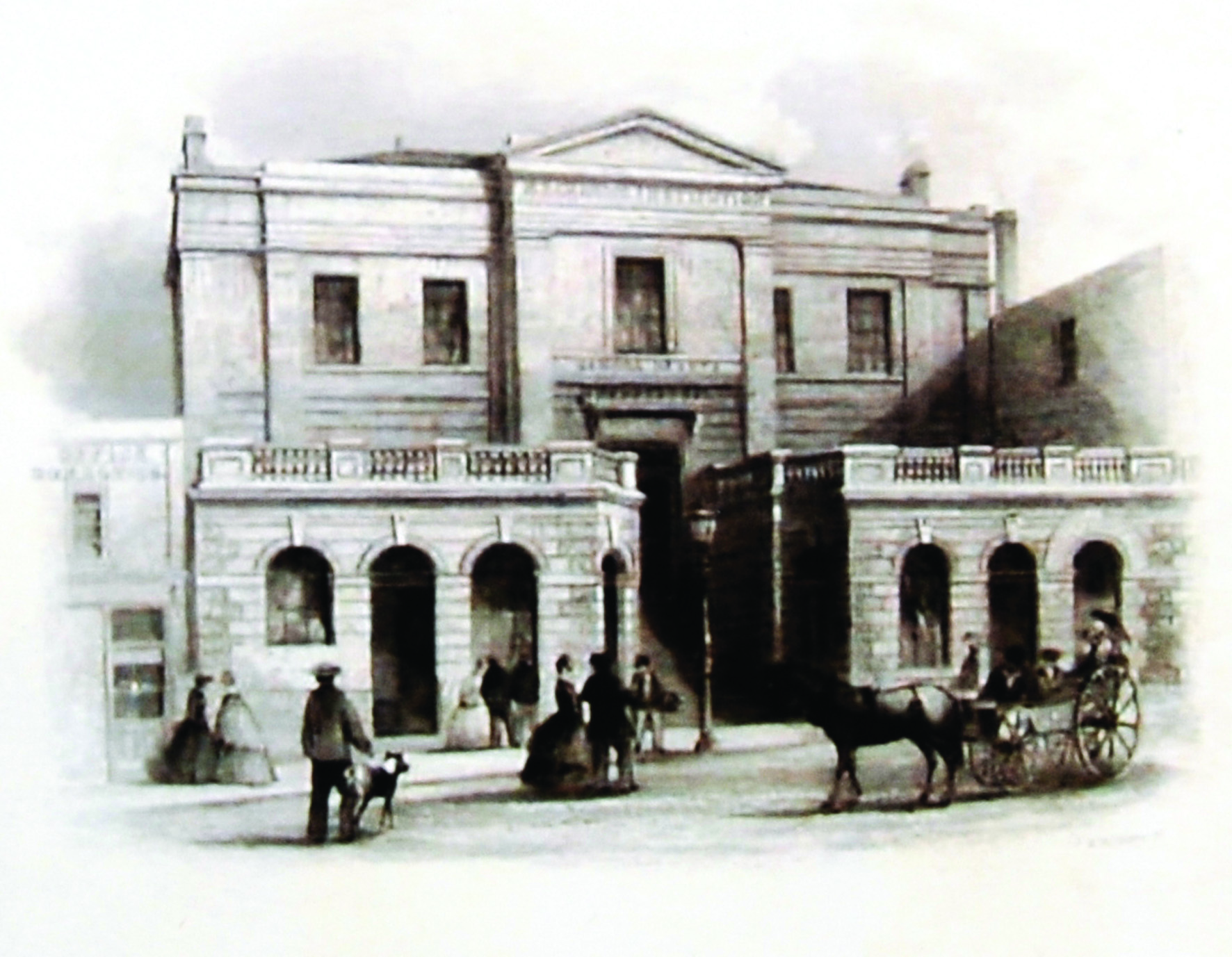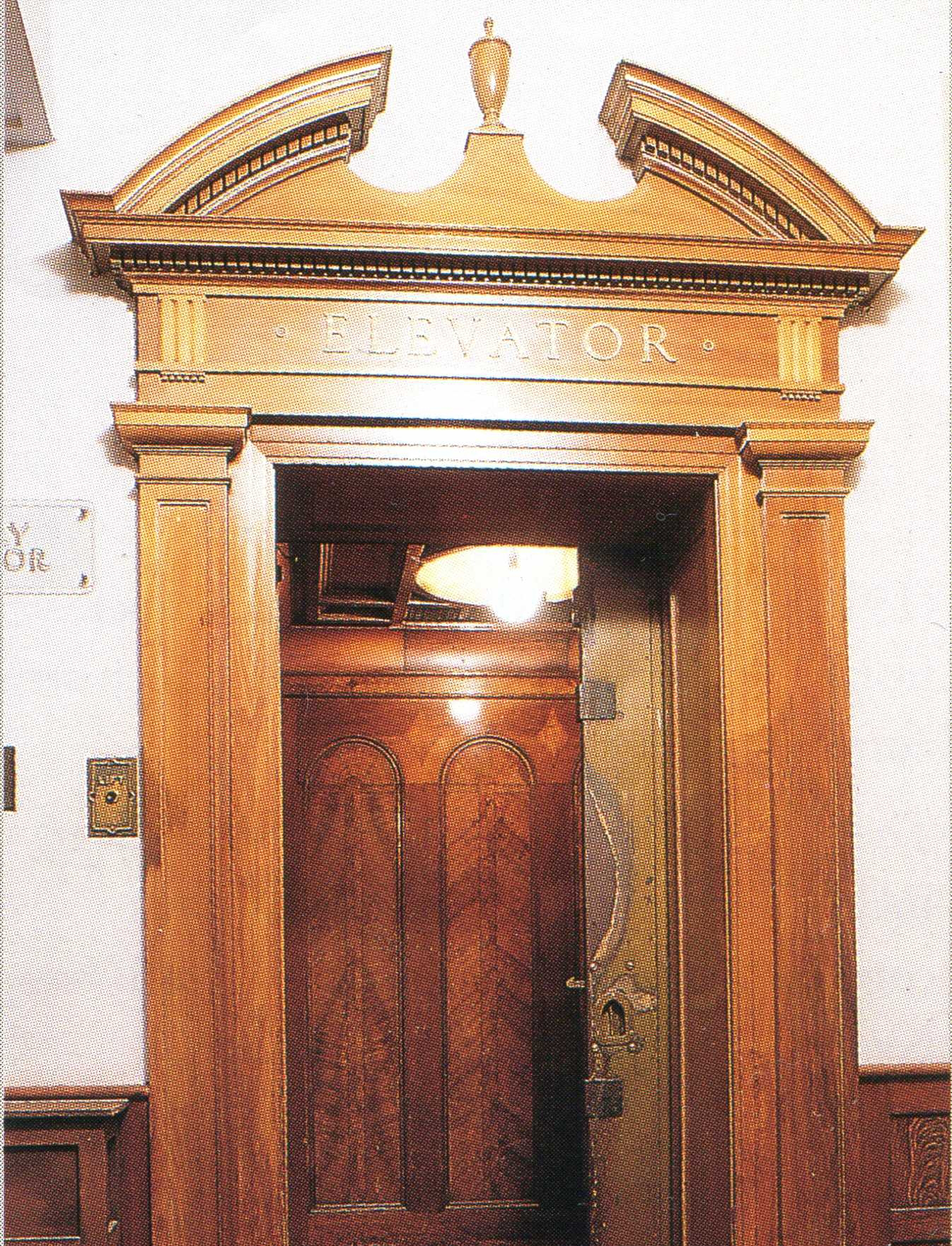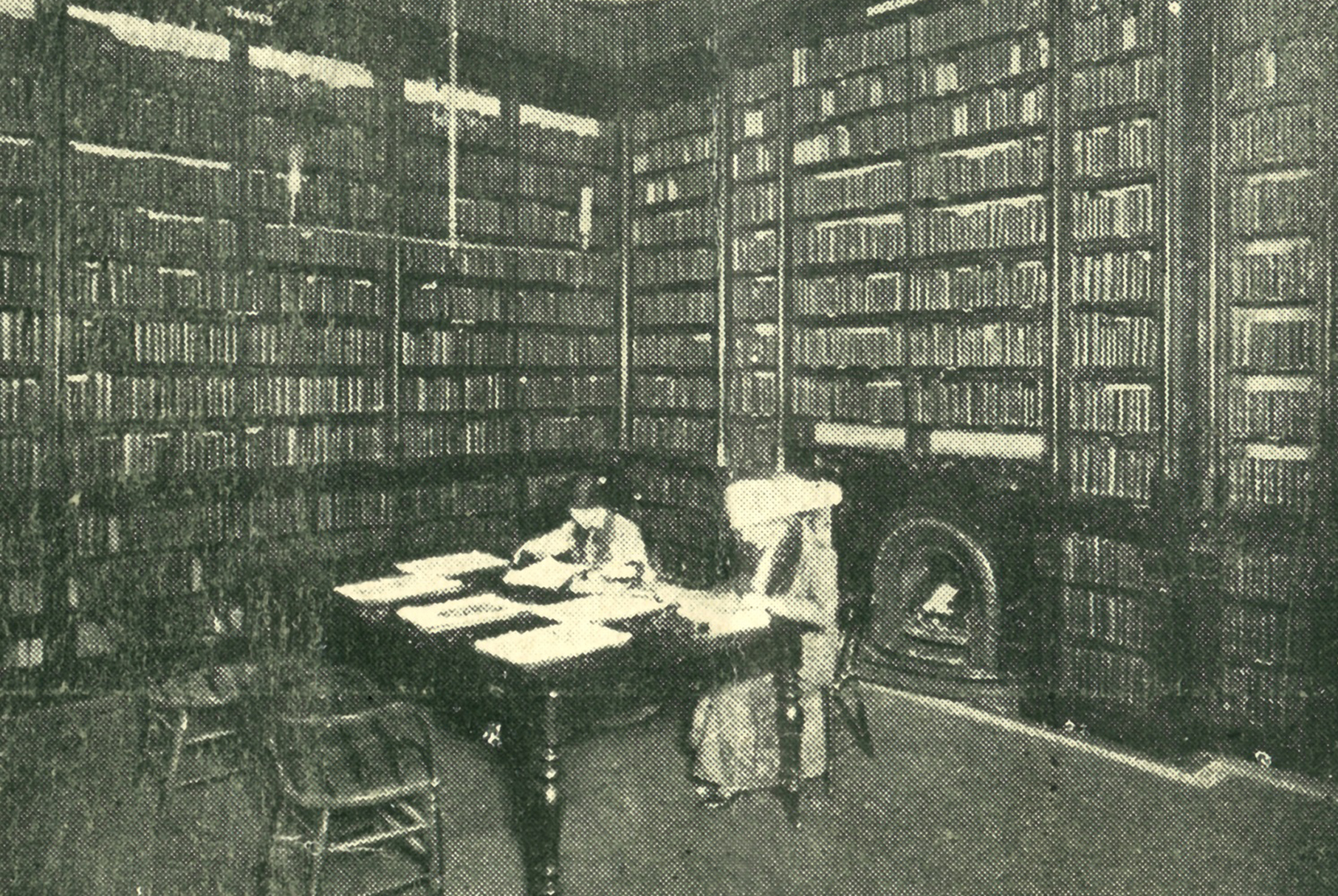The Melbourne Athenaeum Library will be closed for the public holiday on Monday January 26.
The library will be open regular hours on Saturday January 24 and Tuesday January 27.
The story that unfolds here is about a unique organisation which continues to contribute to the city's culture in a building that was first completed in 1842.
Exhibitions, meetings, musical, theatrical and other entertainments, films, lectures, educational classes, dances and formal balls have been held within the building's walls. The theatres continue to entertain Melbourne's people and provide a space for social and cultural events.
The archives of the Melbourne Athenaeum keep a record of the institution's history, going all the way back to the founding documents from 1839.
When Governor Sir Richard Bourke of New South Wales was given authority to acknowledge the settlement in 1836, a census of that year showed there were 13 buildings, 142 men, 35 women, 26,500 sheep, 57 horses and 100 cattle. Click here to view a digital copy of the article.
Soon after the settlers and their sheep arrived, there came merchants and mechanics (builders, stonemasons, carpenters, tilers and other workmen). The mechanics, proud of the new town they were building, understood the need to plan for a better future and formed a Union Benefit Society. At their first meeting, the society's members discussed the need for a mechanics institute - to provide opportunities for everyone in the settlement, for education and self-improvement; a time and place for the meeting was set.
In 'Long may Minerva reign from her niche overlooking Collins Street' Pam Baragwanath discusses the role these important community enterprises played in the past, and continue to have, around the world.
Today, one of the primary pillars of the institution's activities is engagement with our history and the influence we have had on the history of Melbourne more generally.
The archives is housed onsite and contains a wide range of items including minutes and annual reports of the organisation, building plans, previous library catalogue materials, marketing pamphlets, and objects of significance to the institution.
Our archives team works with researchers and assists in developing talks and information for sharing with members and with the public. Some members of the team have also published works about the institution, its members, and its development.
If you are researching the Melbourne Mechanics' Institute, the Melbourne Athenaeum, or the cultural history of Melbourne we would be happy to discuss whether we could assist with your work if you email archives@melbourneathenaeum.org.au
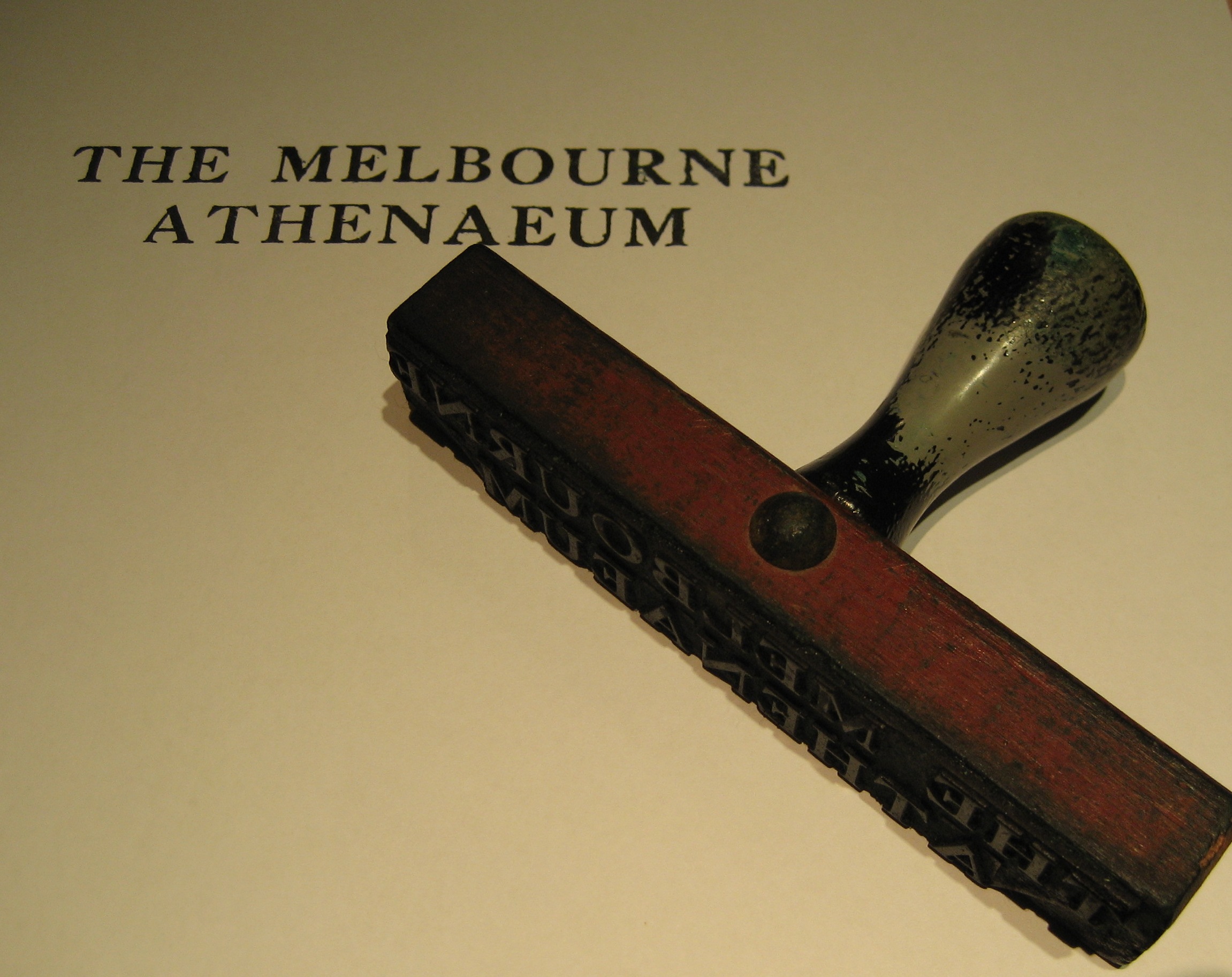
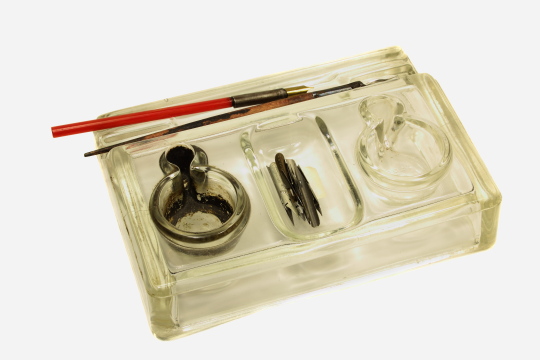
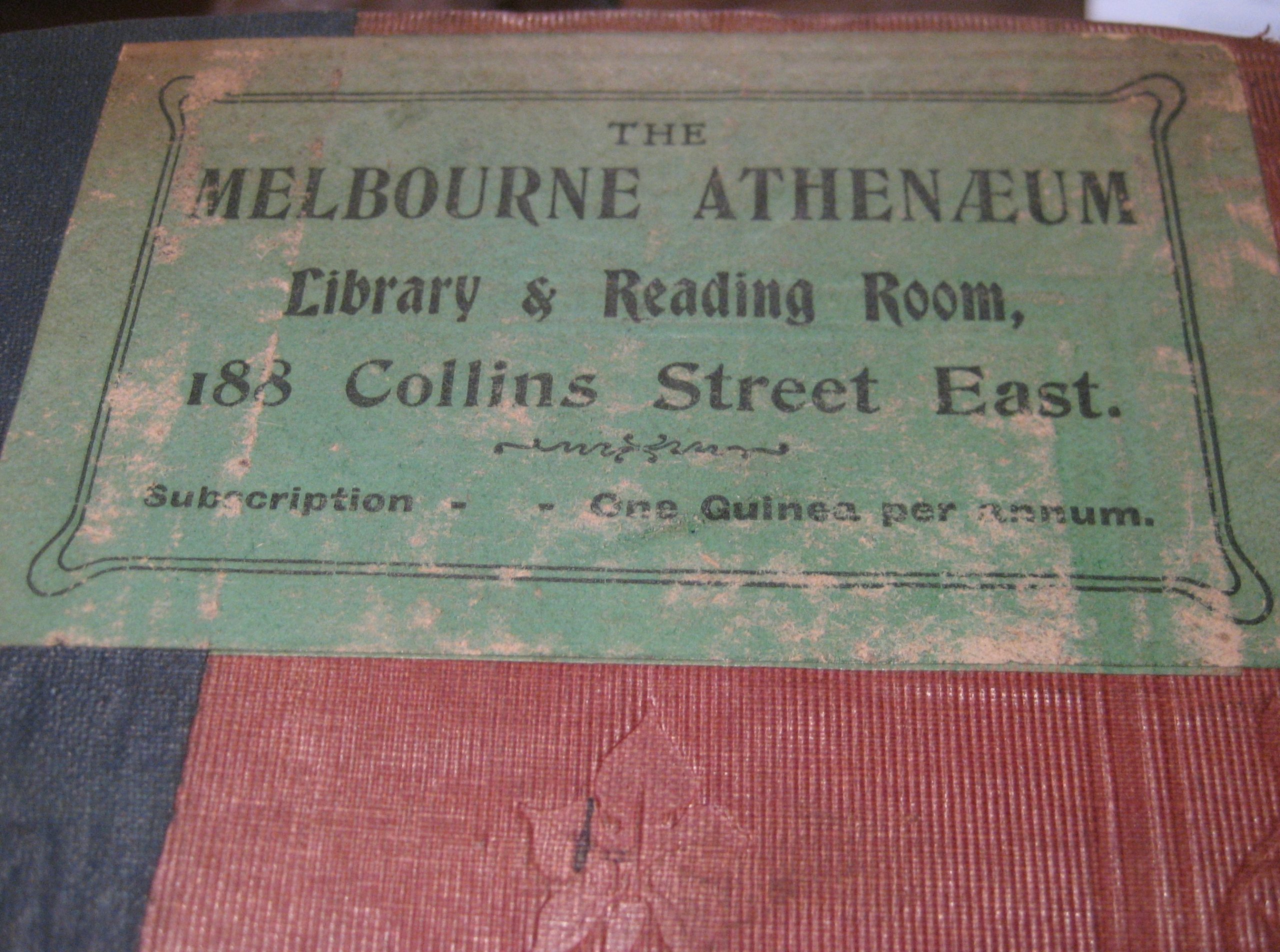
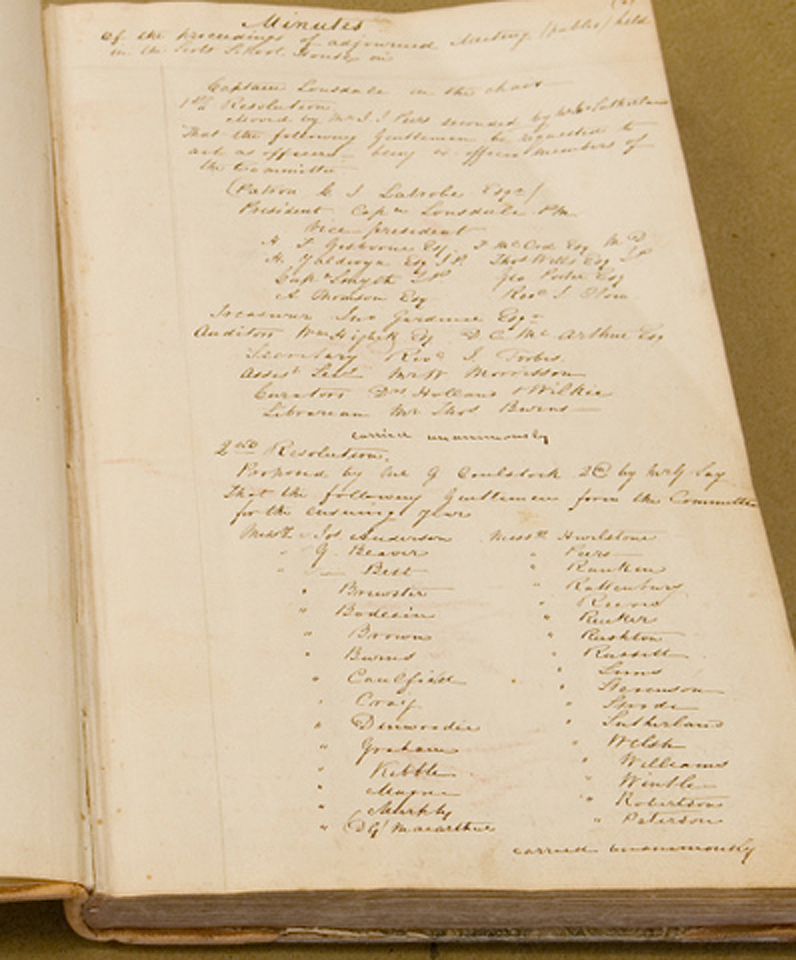
Five committee members of the Union Benefit Society of 1839 were elected to the first committee of the Melbourne Mechanics' Institution and School of Arts: Joseph Anderson, John Caulfield, George Beaver, Patrick Mayne and Thomas Strode. In addition, the Committee of Management comprised doctors, lawyers, ministers of religion, and members of parliament. All committee members served as volunteers, a tradition that continues today.
The first committee is listed in the minutes of the inaugural meeting, 12 November 1839.
Patron
President
Vice Presidents
H F Gisborne
Dr McCrae
W H Yaldwyn
Thomas Wills
Capt Smyth
A Thomson
Rev J Clow
George Porter
Treasurer
J Gardiner
Secretary
Rev J Forbes
Assistant Secretary
W Morrison
Librarian
Thos Burns
Curators
Holland
Wilkie
Auditors
Highett
D C McArthur
General Committee
J Anderson, G Beaver, Best, Bodecin, Brewster, Brown, Burns, J Caulfield, Craig, Dimwoodie, Graham, Hurlstone, Kibbe, Maine, D C McArthur, Morgan, Murphy, Paterson, Peers, Rattenbury, Reeves, Robertson, Rucker, Rushton, Russell, Sims, Stevenson, Strode, Sutherland, Welsh, Williams, Wintler

For anyone wanting further information from or about the Melbourne Athenaeum Archives please get in touch by emailing
